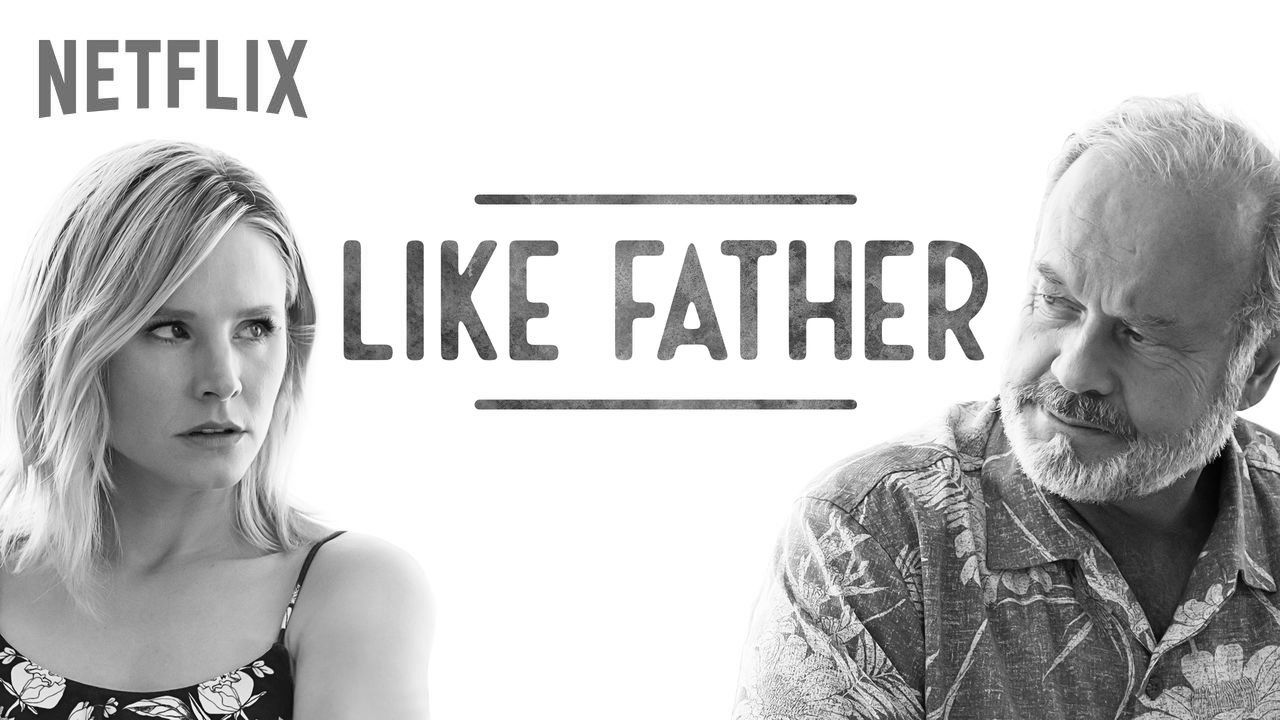Is Netflix Manipulating African-American Viewers?
Is Netflix playing games with black viewers? Although the streaming network is hiring black directors and producers to produce original content a mong them are Shonda Rhimes producer of “Grey’s Anatomy,” and “How to Get Away with Murder.” Kenya Barris, producer of “Black-ish” signed a deal with Netflix in August of this year. But are they using black characters to promote white shows to African-Americans is the question.
Recently Netflix has been the target of criticism for featuring black characters and targeting its service to African-Americans based solely on race. Stacia L. Brown, creator of the podcast “Charm City,” tweeted her argument using a a screenshot of the promotion for the Netflix show “Like Father.” Brown pointed out that the promotion featured two black characters, Leonard Ouzts and Blaire Brooks, who had only minor roles in the show. According to Brown the actors had “20 lines between them, tops.” The show actually features two white stars, Kristen Bell and Kelsey Grammer. Brown, who is African-American, posted a handful other examples of the Netflix promotions featuring black actors used to lure African-American viewers only to discover that shows casts were predominantly white.
 Netflix responded in a statement pointing out that it does not track demographic data about its users. “Reports that we look at demographics when personalizing artwork are untrue,” the company said. “We don’t ask members for their race, gender, or ethnicity so we cannot use this information to personalize their individual Netflix experience. The only information we use is a member’s viewing history.” The company added that the personalized posters are the product of a machine-learning algorithm that it introduced last year.
Netflix responded in a statement pointing out that it does not track demographic data about its users. “Reports that we look at demographics when personalizing artwork are untrue,” the company said. “We don’t ask members for their race, gender, or ethnicity so we cannot use this information to personalize their individual Netflix experience. The only information we use is a member’s viewing history.” The company added that the personalized posters are the product of a machine-learning algorithm that it introduced last year.
But it is a known fact that algorithms are not color blind so Netflix’s explanation may not hold water.
According to Arvind Narayanan of Princeton University, responding to Netflix in a tweet, “If you personalize based on viewing history, targeting by race/gender/ethnicity is a natural emergent effect. But a narrowly worded denial allows companies to deflect concerns.”
Algorithms measure vast quantities of information that can reflect who the viewer is and what they interested in. This information can reveal that the viewer is indeed African-American. Critics say that Netflix should have been well aware of the algorithm would identity viewers based on their race, gender or sexuality. Whether Netflix anticipated this result is a question they may be hesitant to answer. According to Wired.com the company responded to the question by saying, “We are constantly testing different imagery to better understand what is actually helpful to members in deciding what to watch. We are constantly testing different imagery to better understand what is actually helpful to members in deciding what to watch. The goal of all testing is to learn from our members and continuously improve the experience we are delivering.”

So essentially Netflix admits to using black images to lure in African-Americans viewers to shows that are not based on African-Americans. Netflix would not discuss aspects of how viewer habits are used for personalizing images. “We don’t go into depth on this topic as much of it is proprietary,” the spokesperson wrote.
Georgetown law professor Anupam Chander believes the outcome should have been obvious to Netflix. “It’s so predictable that the algorithm is going to get it wrong,” he says. “Black people have so few actual speaking parts, trying to promote a movie to me as a person of color might pull out the side character who is killed in the first 10 minutes.”
Chander believes Netflix is missing an opportunity to educate its viewers. “The worry here is manipulation, and the way to avoid being manipulated is to be an educated consumer. The companies need to educate us about how their products and their algorithms work.” Chander considered himself a savvy consumer until he realized that the images Netflix directed at him were equally personalized.







